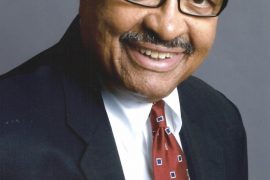After nearly 40 years, Rev. James T. Meeks is stepping away from the pulpit of his church. Meeks said next year would be his last as the leader at Salem Baptist Church on the city’s Far South Side.
Rev. Meeks became a pastor in 1979 and founded Salem Baptist Church of Chicago on Jan. 13, 1985. He founded Salem Baptist Church after serving five years as pastor at Beth Eden Baptist Church in East Wilken Park. He started Salem with only 193 members.
Meeks’ style of education and theology-based leadership in the church infuses humor into his messages is what kept his members at the church all these years, even through the pandemic.
Meeks served three terms as an Illinois state senator until 2013 and later served as chairman of the Illinois State Board of Education under Gov. Bruce Rauner. He also ran in the 2011 Chicago mayoral race but pulled out two months before the February election – which Rahm Emanuel won.

The Rev. Charlie E. Dates will take over as pastor of Salem Baptist Church.
Meeks might be retiring in January as senior pastor of Salem, but he said he has no plans to stop lending his voice to fight “any kind of injustice” that needs it.
N’DIGO sat with Rev. Meeks and talked about how his church evolved and his pending retirement.
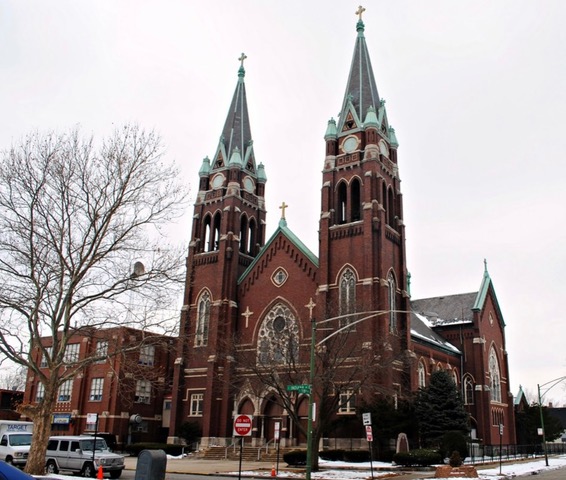
N’DIGO: You are the founding member of Salem Baptist Church. You have been a minister for 48 years. What have you learned?
Rev. James T. Meeks: I preached my first sermon in January 1975. I have been a pastor for 43 years. I have learned that all people, no matter who they are, are flawed, from the President of the United States to the person on death row. No person is not deficient. But, at the same time, I have learned that the love of God covers all individuals.
The world of the church has changed with Covid. How did your church change?
One reason the world has changed is because of the media. People can now look at church on Facebook and YouTube. However, we were on TV 25 years ago, and when the pandemic hit, we were on Facebook, TV, and YouTube, so that didn’t affect us. Our members still came to church. What has affected the church is that our members realized the convenience of just staying home and watching. They have had to do it, and now some didn’t return. They learned how to give online, which was a new experience, and we started Sunday school online during the period of Covid. This was all new to the church.
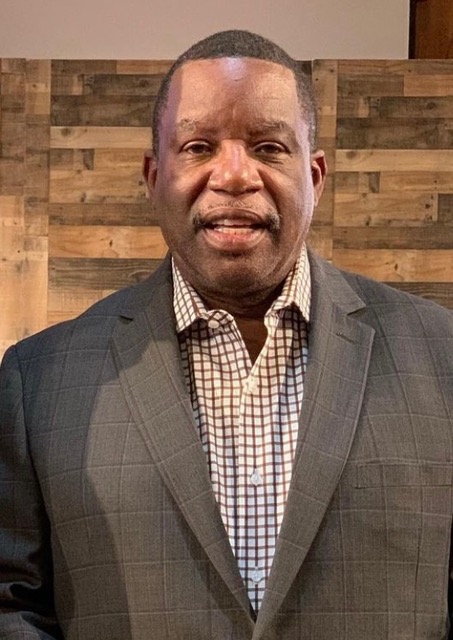
You were a State Senator for ten years (2003 to 2013). Why did you run for office, and what did you learn?
I ran for office because it was an extension of ministry for me. Ministry is helping hurting people. Being an elected official is the same. However, it is helping to break people with state funds. I discovered that the state had more funds than the church had. In the experiment, I learned that if we are not careful, our elected officials will see the office they hold as their number one priority—keeping that office becomes their number one priority. And so the compromises, the trades, the decisions they make are no longer about the people they serve; the decision becomes about the office they hold. They are doing what they have to do to keep their job.
You have worked with Rev. Jesse Jackson on projects, been in the state senate, and been the pastor of a church; how did these entities connect for you as a leader?
It’s all the same thing. We are helping to hurt people. Where people need help, that’s where PUSH is, where the church is, and where the government should be.
Do you have further interest in electoral politics now that you are retiring?
No. I have an interest in mentoring politicians. Helping politicians see the bigger picture. I want to help new people to become politicians.

You built a church from the ground up with Salem Baptist Church; what does it take to build a church, externally and internally?
Internally it takes lawyers and CFOs; it takes dedicated-minded people. Many people don’t understand the business aspect of running an organization that large. We think because the front person is an excellent public speaker. Our church did not take off until I hired an administrator. As a minister, I had to come to grips; I could only do so much. I needed a full-time administrator; then I hired a CFO, then I had to hire a lawyer. Internally all of the business mechanisms have to be in place. Externally people have to see that church out in the streets. Suppose a church is only doing what it does inside the four walls. If the church is affecting the community, the community participates. For example, we voted the community “dry” because it was over-saturated with liquor stores in our community. We had 22 liquor stories in a 19-block radius. We put a bible in every home in the neighborhood; that was 36,000 bibles. We put a satellite dish in every prison in the state of Illinois so that the prisoners could see a church service. We adopted 100 blocks in and around our church, so we went door to door and asked people what they needed.
Light bulbs, household utensils, diapers, smoke detectors, batteries. You adopted eight schools on academic probation, and we mentored every third and eighth grader. We got the schools off of academic probation. My point is that to grow a church externally, they must know the church is there. The church members must realize that we exist for community churching. The fact is that everything Jesus did, he did it outside. Jesus didn’t have a church building. The disciples did not have a church building.
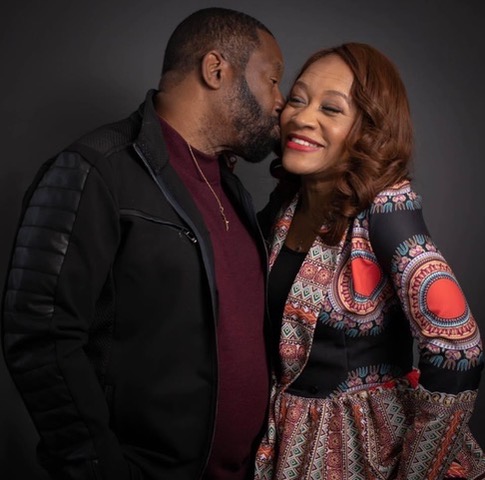
You have raised a beautiful family, pastored your flock, built a school, and tackled the problems in your community; what’s next for Rev. James Meeks?
I am open to whatever area I could lend my expertise. First, I want to help younger preachers get it right. Finally, I want to help churches learn to win their communities through outreach. Finally, Finally, I want to help us realize a new crop of newly elected officials.
What made you decide to step down?
I believe in life’s order. In your first 25 years on earth, you spend time become educating; then, in your next 40 years on earth, you spend time building something, whatever your life calling is; the last portion of your life you should spend pouring into people; you should be mentoring so that the generation behind you has a voice. You build upon. If you wait until you are 85 years to step down, you lose your energy. The handoff to the next generation has to be early enough that you still have time and energy to mentor. I don’t only want to finish well, and I want to be well when I finish.
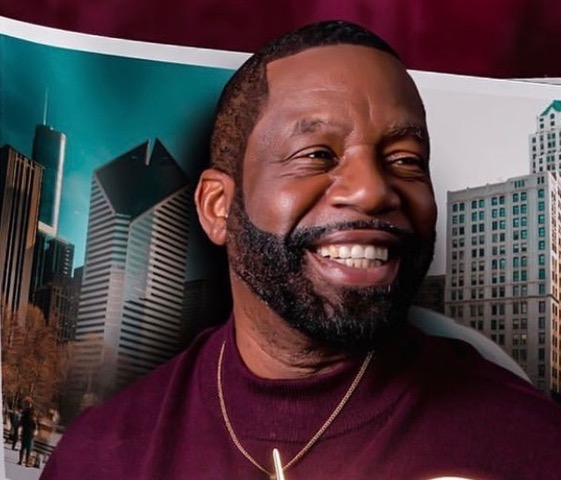
How has the church evolved since your initial beginnings as a pastor?
In the past 50 years, the church has changed in respecting and appreciating authority and respecting and appreciating the scripture. By that, I mean Rev. Clay Evans could say something because he was regarded and respected as Reverend Evans. There has been a question in America on authority; Watergate is a good example of when our country began to question. We looked at our leaders to be correct and reasonable. We have had high-profile ministers fall. For instance, people lost respect for authoritative figures: Jimmy Baker and Tammy Fae Baker. I have a problem with questioning the Bible and whether the Bible has the right to challenge the order of our lives.
What are the top three pressing problems in the city?
The problems are education, crime, and lack of a plan to solve those two.
What three people would you most likely want to have dinner with?
Dr. Martin Luther King, Jr. I want to ask Dr. King about his call for African American people. I want to discuss what makes him tick for Black America. Next, Warren Buffett, I want to ask him what most people don’t understand about the economy. Finally, W. E. B Dubois. I want to ask him what he saw coming in America regarding education.





